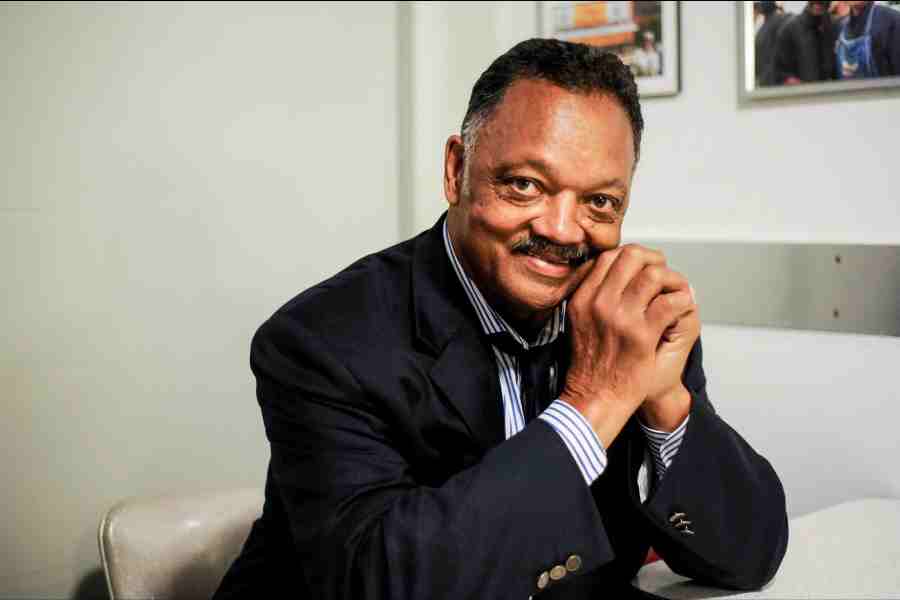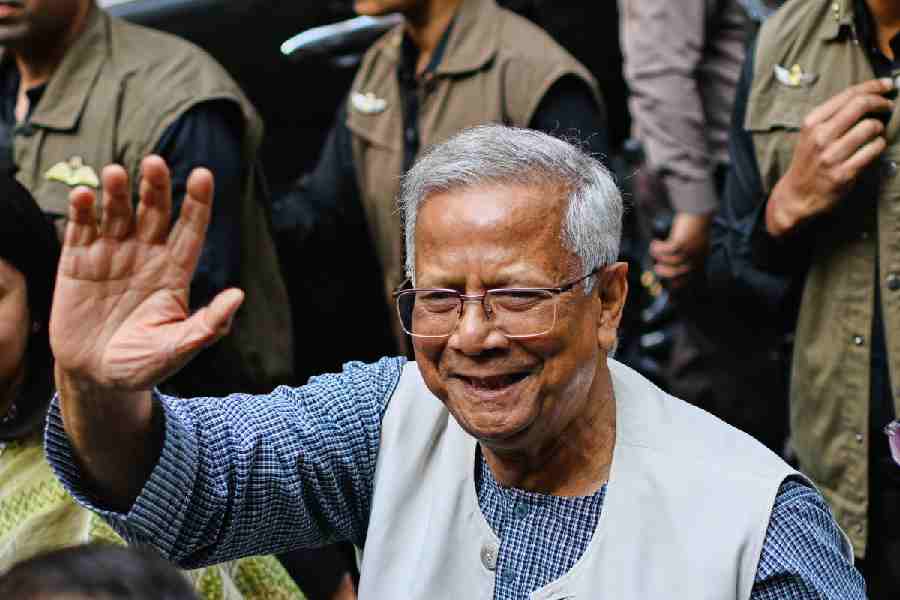 |
| Shiladitya: Success out of Bengal |
Calcutta, Dec. 29: Three decades after a six-year-old boy left Bengal with his father for a chance at better education, he has won a US defence department award for cancer research.
Shiladitya Sengupta, 34, will receive the award, given to young scientists to fund their research, which at $4.1 million is three times the worth of the Nobel medicine.
Shiladitya, assistant professor of medicine at the Harvard-MIT Division of Health Sciences and Technology, has his roots in Kalyani and is the second Indian to bag the 2006 Era of Hope Scholar Award.
He is researching new ways of treating breast cancer by “bringing together concepts of engineering, computer science, mathematics, pharmacology and medicine”.
Father Shyamal, an electrical engineer who had spotted his son’s talent early, had left his job with the Bengal public works department in the late ’70s and moved to Delhi.
“I felt Delhi would be better for his studies; so I quit the job and started a business there,” he said today.
Shyamal, who now lives in the family home in Kalyani with his wife and mother, said: “Shiladitya had called to give us the news. I don’t have the words to express my happiness.”
Shiladitya is one of three independent researchers who shared the award, given by the defence department’s Breast Cancer Research Programme.
“My research focuses on developing novel therapeutic strategies against cancer. While most researchers study only the dividing tumour cells, we look at the tumour as a whole. There are the dividing tumour cells, the newly recruited blood vessels that are completely different from blood vessels in normal organs, and the tumour matrix (the substance between the cells), which is also abnormal,” he said over the phone.
He said his team was collaborating with a physicist to model how the blood supply to a tumour works. When they have this information, they may be able to target the tumour while sparing other parts of the body, or deliver larger quantities of drugs using concepts from nanotechnology, which deals with the very small.
“An attractive target could be to deliver drugs to the tumour that shut down the blood vessels that nourish the growing tumour, and thus starve the tumour to death. Another strategy is to deliver highly toxic agents to the tumour matrix using a new concept in chemistry called multi-valency,” Shiladitya said.
The scientist said the award gives him the opportunity “to think out of the box” and to assemble a team of physicists, mathematicians, biologists, engineers and clinicians.
He added that his department was planning to collaborate with Indian institutes such as the All India Institute of Medical Sciences in New Delhi, National Institute of Chemical Biology in Pune and the Indian Institute of Technology in Kanpur.
Shiladitya had graduated from AIIMS and done a postgraduate course in pharmacology there. He got his PhD from Trinity College, Cambridge, as a Nehru scholar in 2002.
He then moved to the Massachusetts Institute of Technology, where he completed a fellowship in biological engineering before joining both the Harvard Medical School and MIT as assistant professor of medicine and health sciences and technology.
In January 2002, he married Shivani Agarwal, who is now a lecturer in computer science at MIT. “We met at Trinity. She, too, was a Nehru scholar and we passed our exams the same year.”
Shiladitya was to visit home this December but couldn’t make it. “We are looking forward to meeting him sometime next year,” mother Dipali said.
“The last time we met him was in Delhi,” Shyamal added. “That was in August. We knew he was writing a report on his research.”










